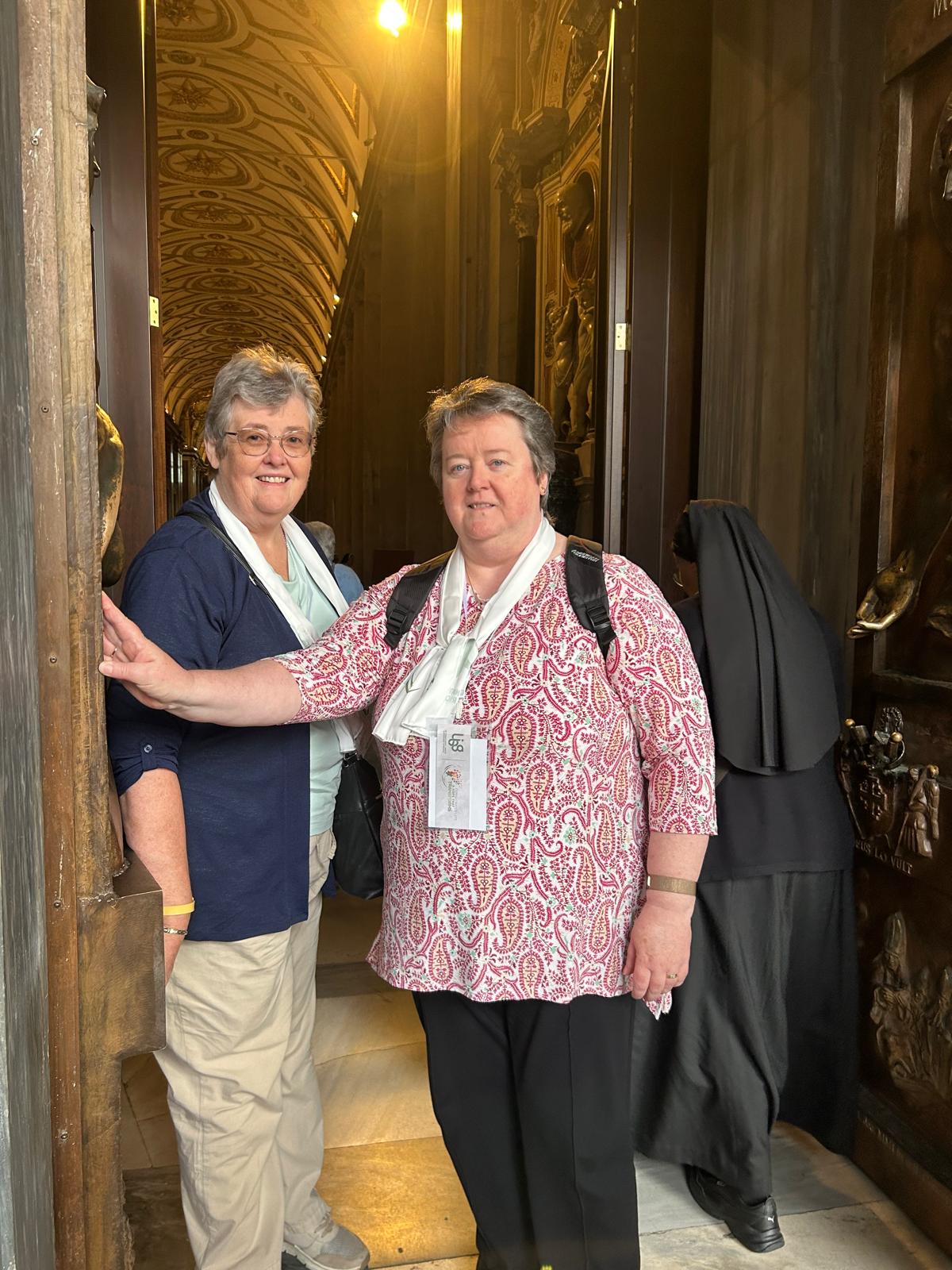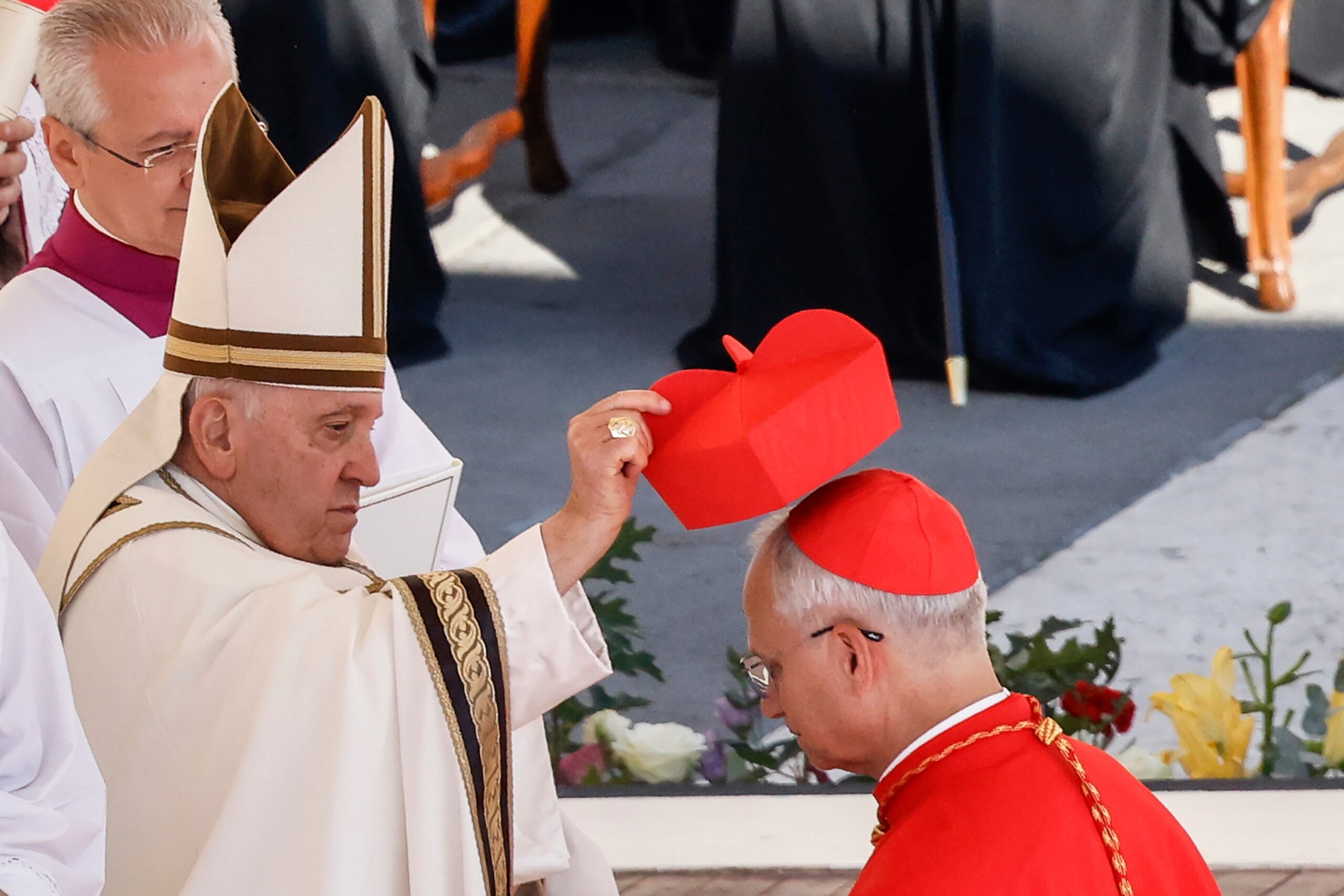
November 19th marks World Day of the Poor, with the theme this year, “Do not turn your face away from anyone who is poor”. In his message to mark the day, Pope Francis reflected on the example of Tobit. He considers how the Book of Tobit teaches us to be realistic and practical in whatever we do with and for the poor, writing that “caring for the poor is more than simply a matter of a hasty hand-out; it calls for reestablishing the just interpersonal relationships that poverty harms.”
On this World Day of the Poor, we are reminded of the work of Mary Aikenhead and her dedication to the service of the poor and those marginalised in society. When we are professed as Religious Sisters of Charity, we make four vows: the three vows that most religious take, and a fourth that is specific to our congregation. This fourth vow of service of the poor enables us to continue in the footsteps of Mary Aikenhead who sent her Sisters to work with people who were poor, sick, vulnerable, and marginalised.
Mother Mary Aikenhead devoted much of her ministry to serving the poor. She wrote: ‘The poor are the chosen children of God, but we are called to be the instruments of his mercy and protection in their favour. We must try to become fitting instruments.. .’ In 1833, she converted an old store house into a hospital to facilitate an outbreak of cholera. At this time, she also wrote to the Commissioners of Enquiry into the State of the Irish Poor describing the terrible conditions those in poverty were experiencing in the parish of Ringsend in Dublin. Throughout the course of her letter, she pleads: “Within the last year we have witnessed 40 cases of men willing to work if they could procure employment, who were reduced to sickness which in some instances terminates in death from excessive misery”.
Mary Aikenhead’s life and work stand as a testament to the power of compassion and the profound impact it can have on the lives of the poor and those marginalised in society. Her legacy lives on through our ongoing work, and in the inspiration she provides to people around the world. Mary Aikenhead’s life story reminds us that no act of kindness or service is too small, and that each of us has the potential to make a positive difference in the lives of those less fortunate.







